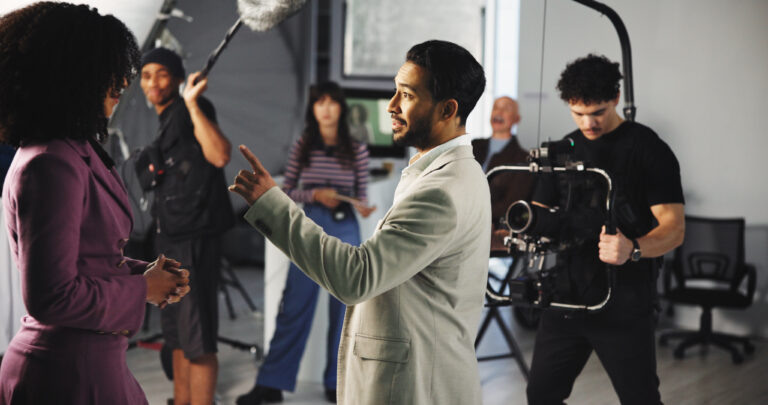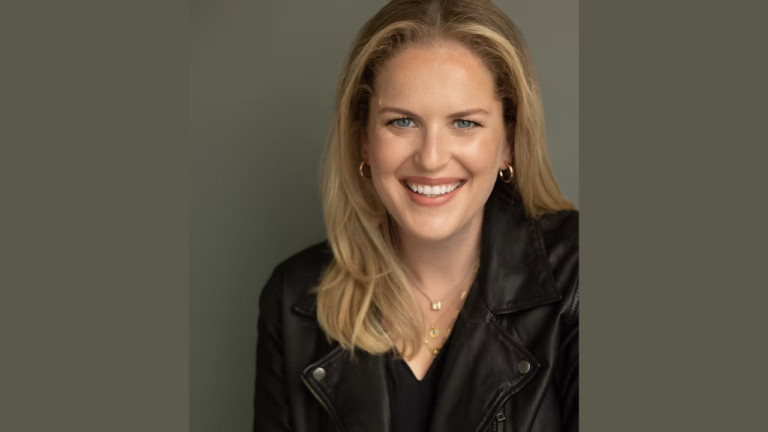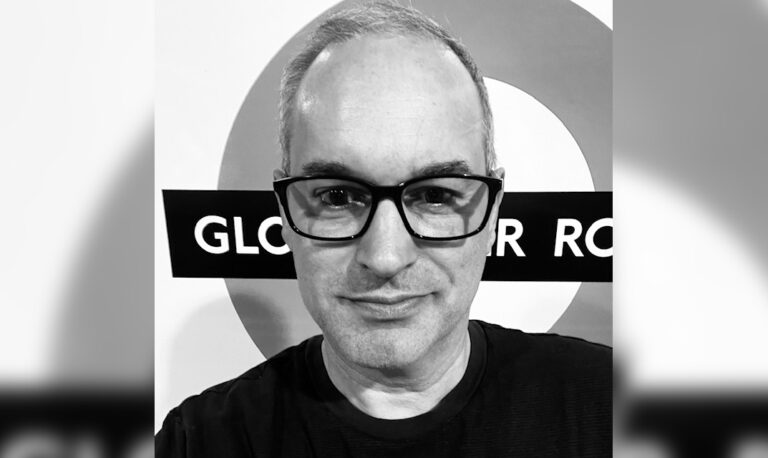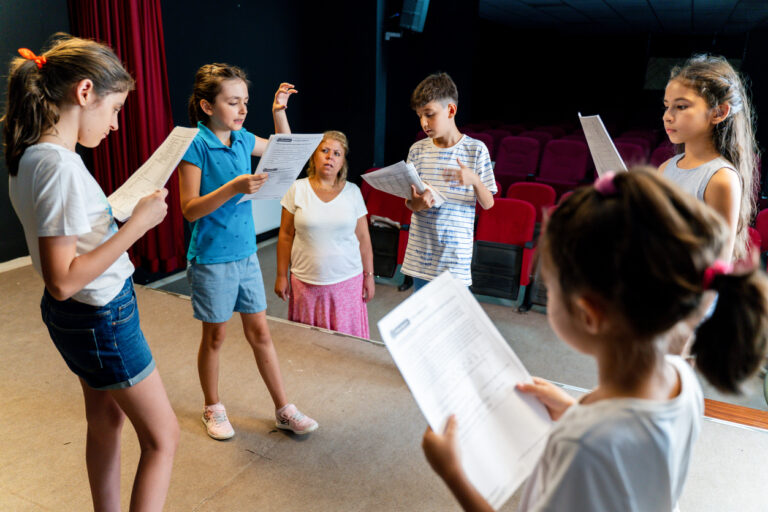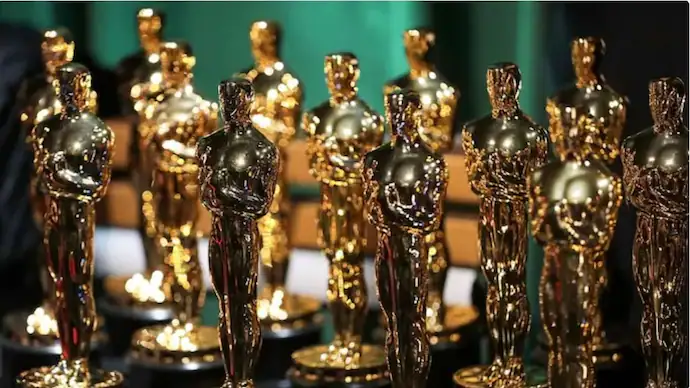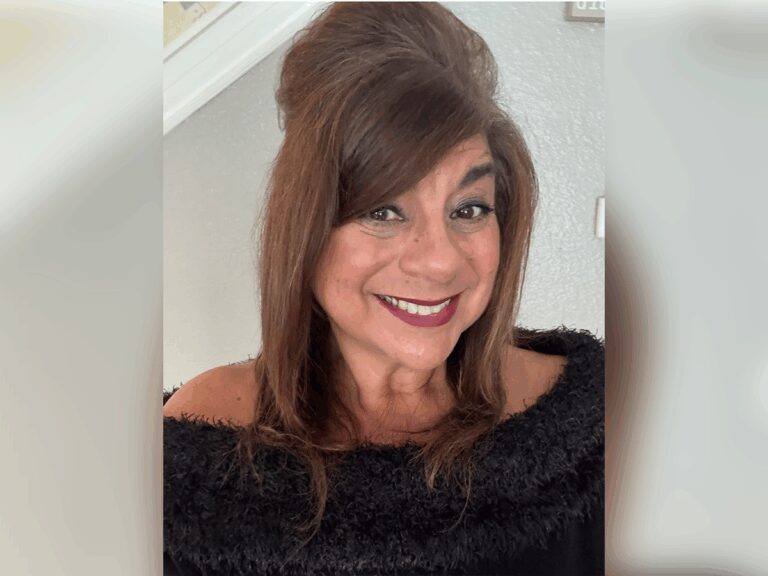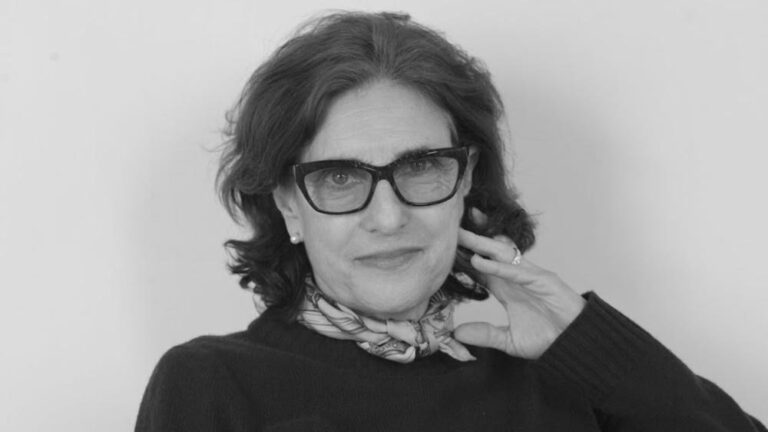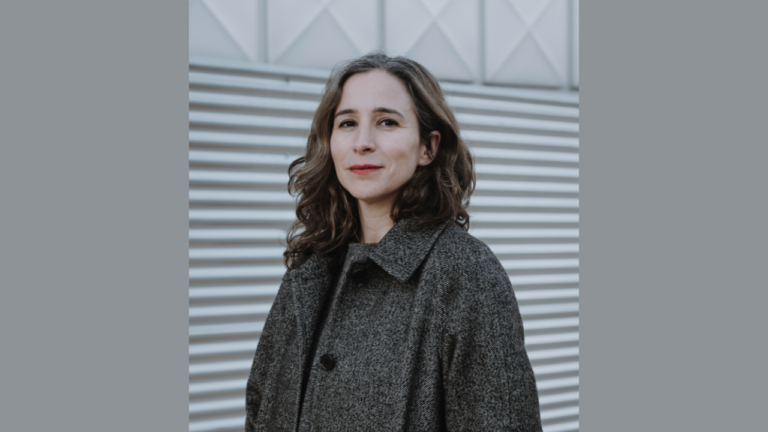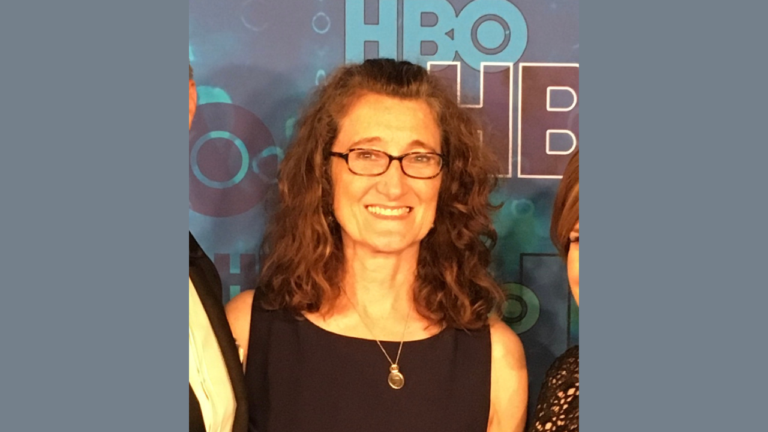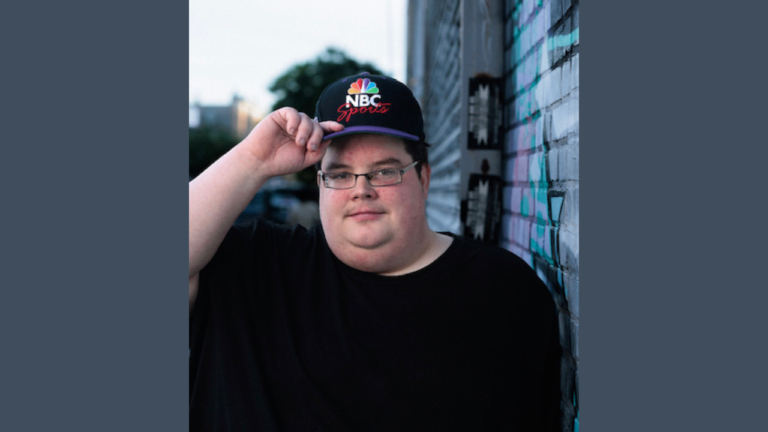Kim Coleman earned her legend status by being such an integral part of the decision by the Academy of Motion Picture Arts and Sciences to add casting as an Oscar category, but of course, that’s just a tiny piece of her story. She’s been casting at an elite level for years, working on hundreds of projects, some of which earned Oscars, two of which earned her Emmy nods, and nearly 20 of which earned her Artios nominations, with five wins.
Coleman brings a certain gravitas to every project she takes on, and her latest, the CBS/Paramount+ soap opera Beyond the Gates, is no different. The first Black soap opera in 35 years since NBC’s Generations, the show comes from executive producer Sheila Ducksworth, and longtime soap opera vets Michele Val Jean and Julie Hanan Carruthers. She spoke to us about working on the show from her office in LA.
Insights: Lessons From Kim Coleman
- Seize unfamiliar roles to diversify your acting skills and experience.
- Build and maintain a strong network to access diverse opportunities in the industry.
- Stay adaptable and willing to learn from each unique production environment you encounter.
How did you come onto the project in the first place?
Sheila Ducksworth reached out to me, I think a year before it was even put together. She said, “I have this project. It’s going to be amazing. I want you to come on board. It’s not real yet, but it’s going to be,” and I said okay. Literally, for almost a year, she kept calling me, saying, “We’re close, we’re close, we’re close, we’re close.” And then she finally told me what it was, and I said, “Oh, sounds fantastic!”
You’ve done a huge amount of TV, but this is your first soap opera, right?
I’d never done a soap opera, and I told her that. I said, “I’m walking in blind. I don’t know how this works.” (Laughs) I know the pacing of shooting a soap opera is pretty quick, so I needed actors who were used to that pace, but having the experience of working on so many shows for Tyler Perry, I was used to auditioning actors who could.
It was a great experience. Look, it’s exciting, having been 35 years since the last Black soap opera. It was very exciting, and we were lucky enough to get actors who wanted to be a part of it.
It’s something like 20 or 25 pages a day, right?
Something similar to that. We’re casting constantly every week, and normally I would have hired a local casting director because we’re shooting in Atlanta. But out of the gate, a show like this, having never worked on a soap opera before, I wanted to make sure everything was cohesive. I have five shows in Atlanta, so I know the talent pool very well, which is why I decided to do it this way.
I would think, especially the first time out, you would want to maintain complete control over everything, to make sure that you had your handle on what needed to be done.
Exactly. I mean, the process, just the paperwork, the things we had to do, I didn’t feel comfortable just saying, “Oh, okay, now I’m done, let me turn this over to someone else.”
It was a learning process for a lot of us. Our creator, Michele Val Jean, and executive producer Julie Hanan Carruthers, had a lot of experience already in the soap opera world, and Sheila was coming in as a producer and executive producer, so it was a learning experience for her and me. I didn’t feel comfortable, like I normally do, turning it over to someone else. We all got into a groove together, and it’s been working great.
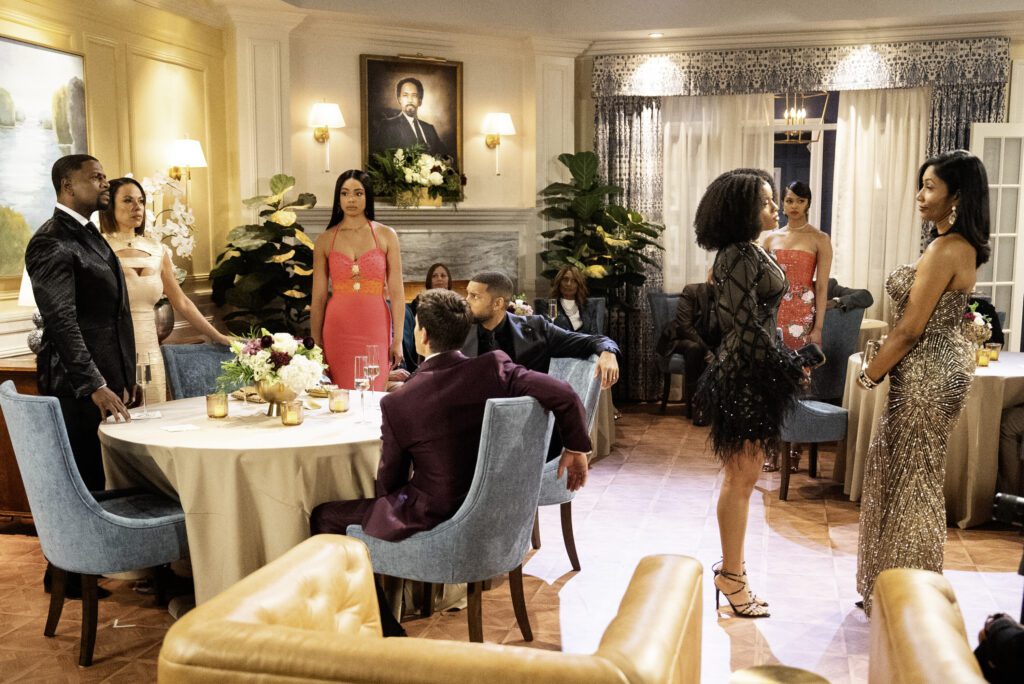
What challenges did you find, working in this new medium for you?
Once I’ve talked to my creatives and they tell me specifically what they’re looking for, I could start to think about actors who may be right for those roles. I did know that we all wanted a star to anchor the show, and when Tamara Tunie said yes, we knew we could build around her.
It was just a matter of putting all the pieces of the puzzle together — just like I do for any other show, to be honest. Some actors were new to me, which was great. I met so many new faces. I don’t know that it was challenging — it was just making sure that we put the right group together as a family, and all the other folks in the town. I approached it like any other show.
Thinking about joining Casting Networks? Sign up for a free trial today!
What did you learn from this experience?
I learned so much just behind the scenes. It’s so much more paperwork, a lot of collaboration with business affairs and the producers and making sure that everything’s dotted, all the t’s crossed, and all of that. That was very interesting, and that part was challenging, but I learned a lot. And look, I can do a soap opera now. (Laughs)
My associate, Emily Fleischer, has been great because she just keeps the train moving. In the beginning, we all wondered how it was going to work, especially with me not being on-site.
Back in the day, [with] a soap opera, someone would always be on-site. I told them, “You guys don’t have to worry. You can call me anytime — day, night, whatever.” It’s funny because one time they did call me around four o’clock in the morning. They’re like, “Kim, you answered the phone!” I said, “Of course I did! Because I know something’s wrong. What’s happening?” (Laughs) That is the only challenge.
One of the things we talked about last time is your habit of taking chances. This seems to fit right in with that attitude.
I try to stay in the game. I try to stay relevant. I’m always learning new things, and this is one other thing I can put under my belt and say, “Hey, I did that. I experienced it.” I think it’s good to do all types of things.
You may also like:
